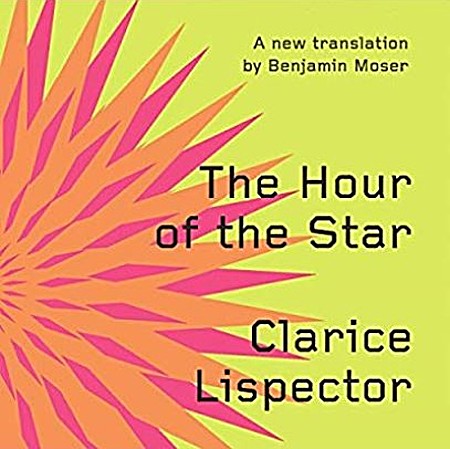
Wow, the writhing of the narrator faced with the massive greyness underlying the bright Brazilian patina, the refusal of this story to be sublimated or brought to cathartic Aristotelian heel. Meaning, "It's as good as saying a healthy dog is worth more". from which blood surging with life might flow only to coagulate into lumps of trembling jelly". Wow, the sudden intermittent inthrust of visual objects in this progression of concepts, the nature of perceiving, and the interrelation between the human self and the vicious, necessary other. Stylistically, this is such a sweet tapestry, in the sense of warp and weft, following out the threads, flush of recognition and surprise when one manifests in a novel fashion (bang). Life is hard, but she has an inner okayness. happy? Or just completely stunted, unaware of the unbearable fullness of beaing? But no, man, she gets it. Combined, they are profound.Ĭlarice Lispector weaves together metaphorical rags. Success may or may not be important.Īll of this is done through a style dominated by simple aphorisms (thus the Nietzschean - it's the only comparison I can think of) and a straightforward story line. Each reader can figure out whether she succeeds. And while she does this, she struggles to release us from the trap of a language that defines us.

And so, in the midst of life in the mud, and, quite literally, death in the mud, Clarice gives us reason to live.

If there is a reason, something more than pure brute instinct, for an ugly little waif from the poorest part of Brazil to exist, perhaps even to live, there is a reason for all of us to live. Forget about all the twisted logic used to figure out how we know about our own existence and what its purpose may be. Set aside the Sartre, the Heidegger, the Wittgenstein, with all their big words (her narrator emphasizes repeatedly that he has banned big words). Show More trod upon and anonymous young woman who may exist as an individual or a type and who may or may not be in the narrator's literal or figurative employ, and sees in those eyes her best answer to the questions of being and nothingness that so trouble the philosophical.


 0 kommentar(er)
0 kommentar(er)
